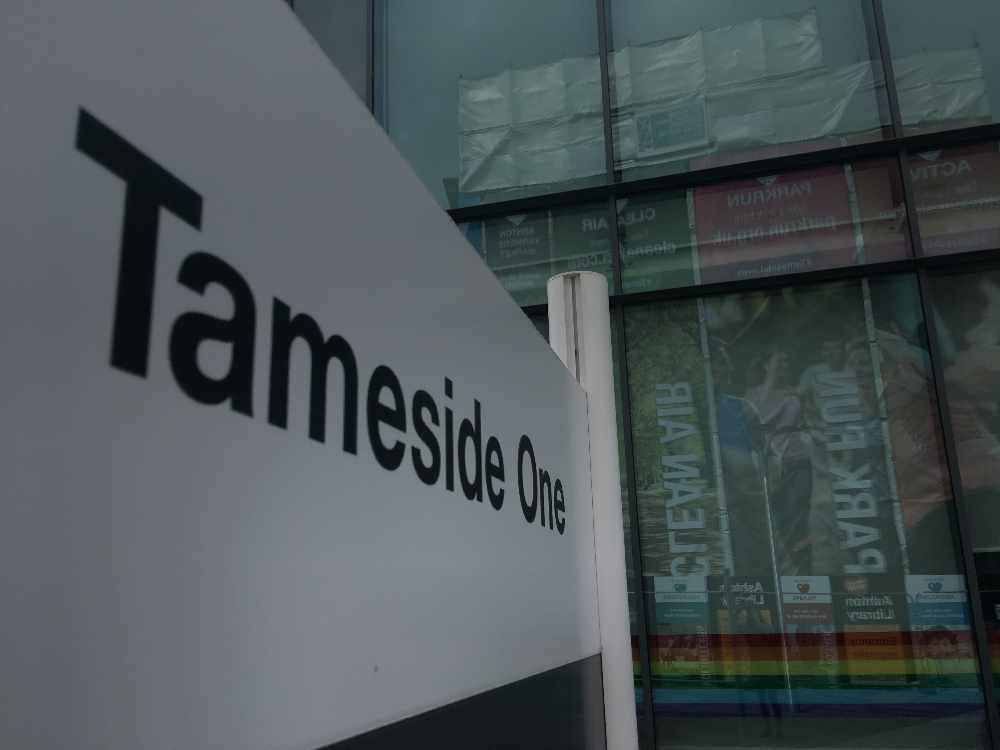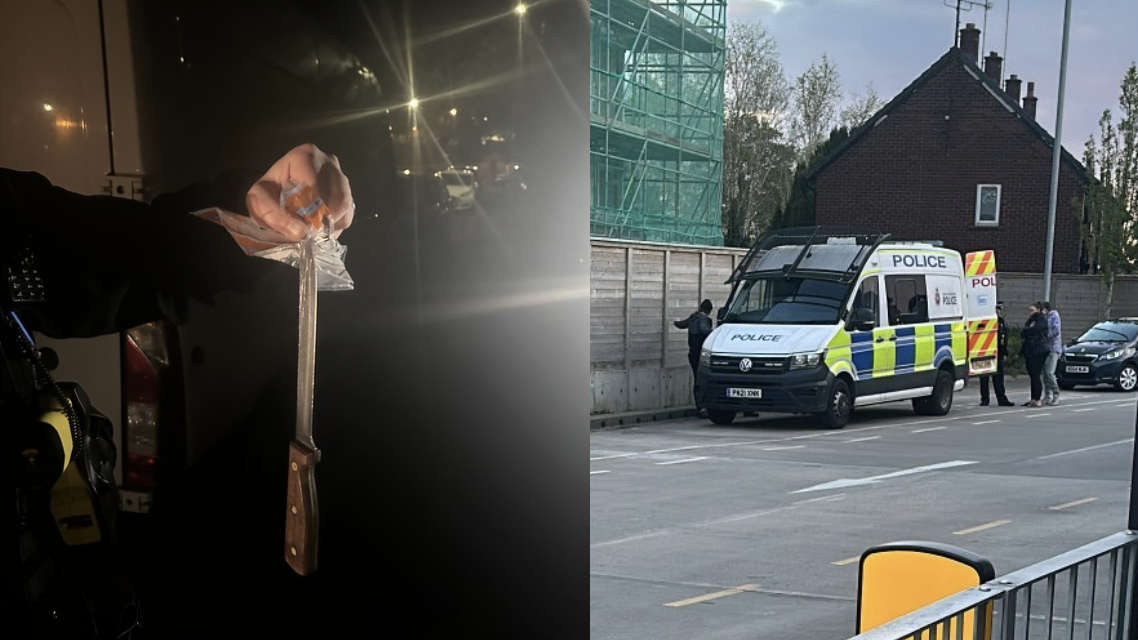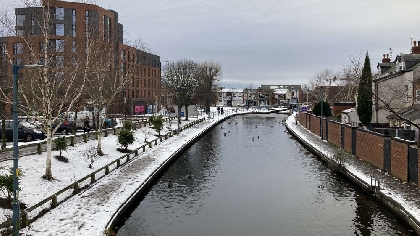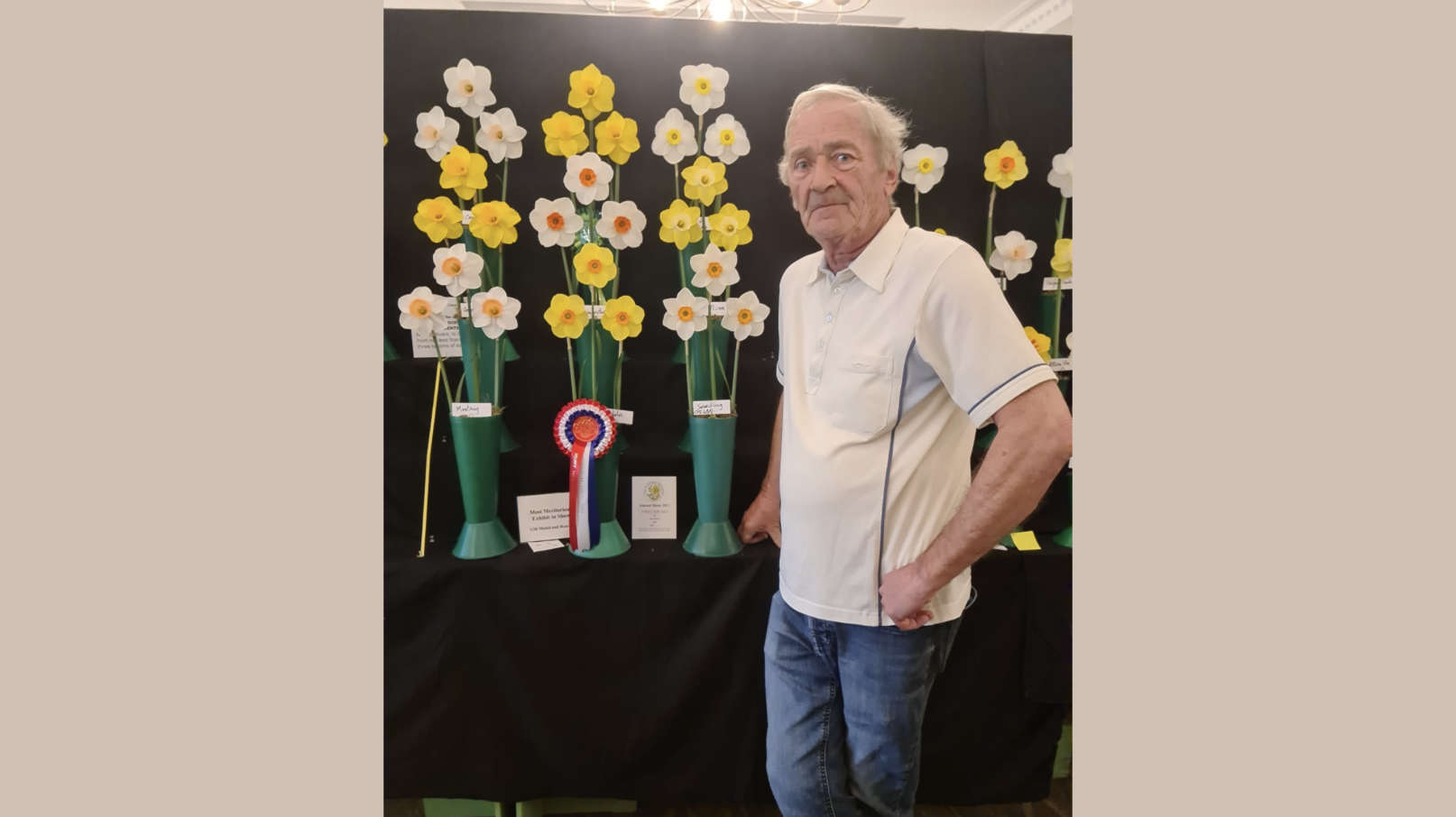
Town hall chiefs have defended their democratic credentials after a resident was denied the opportunity to quiz councillors during a public question time.
Michael Smith had submitted a question three days in advance of Tameside’s full council convening, to be read out during the ‘big conversation’ section of the meeting.
Councillors can answer questions from residents during this period but it is rarely used, with public questions being heard at just one of four meetings this year.
But Mr Smith, 59, was not allowed to ask a question as he feels his query was ‘politically inconvenient’ for councillors.
“I think they were avoiding the question because they thought it would be an embarrassment for them,” he said.
In an email, Mr Smith was told by the head of democratic services Robert Landon that his query could not be heard at the meeting on October 8 because it was related to a planning matter.
The Ashton resident said the experience has left him ‘terribly disappointed’, and he believes the reasons for rejecting his question were ‘disingenuous’.
A spokesperson for Tameside council said any complaints related to a planning application ‘would not be determined at full council’, and he could appeal to the planning inspectorate or the Local Government Ombudsman.
In an email seen by the Local Democracy Reporting Service, Mr Landon stated that as the planning committee was a ‘quasi-judicial body’, it was against the council’s constitution to allow questions on it.
Mr Smith pointed out that, according to the guidelines from the Local Government Association, the planning committee was actually a ‘formal administrative process’.
However Mr Landon reiterated that full council ‘does not consider matters relating to individual planning applications’ and the question would not be asked on his behalf.
“I was terribly disappointed that the question was not asked and I was left with a simple conclusion – it was politically inconvenient to answer,” Mr Smith said.
“But I was raising questions about the process, not about the result.
“The more I see of it the more disappointed I am at the lack of local democratic involvement and local democratic accountability.”
Mr Smith says his question – which was around due process in deciding plans for a mental health facility on Rutland Street in Ashton – did not fall under any of the reasons for rejection.
The application was controversially approved last month despite dozens of objections, and concerns from Network Rail that it would present a possible risk of suicides on the rail line which ran next to the site.
His written question asked why the chair of the committee had not directed members to refuse the application based on part of the officers report, and whether committee members were ‘compromised’ by their membership of more than one committee, and by their relationship to each other.
He also asked whether any public money had been used in relation to the planning application.
According to the council’s constitution, a question can be rejected if it is likely to lead to the ‘disclosure of exempt or confidential information; is defamatory, frivolous, offensive or factually incorrect; relates to a quasi-judicial matter; is substantially the same as a question that has been asked at a council meeting in the previous six months’; or is formed to ‘make a statement rather than to receive information’.
But Ashton St Michael’s ward councillor, Yvonne Cartey, said: “I am surprised he couldn’t ask a question.
“That’s a disappointment. We shouldn’t be nervous of people coming along to ask questions, I am all in favour of it.
“You have got to engage people and it’s not something to be afraid of, it’s something to embrace.
“I think it’s rightly important that we find out and clarify the process because just to say no, we can’t answer that question is no answer at all.”
Mr Smith added he has now lodged two internal complaints with the council.
A Tameside council spokesperson said: “An individual’s planning application, or any complaints arising from a planning application, would not be determined at full council – nor would it be at any other council in the country.
“There are other statutory processes, including planning inspectorate or the Local Government Ombudsman, if the individual is not happy with how a matter has been dealt with during the due process.
“With regards to questions at full council, we do receive them quite often – as the numerous questions about Stamford Park at the last full council verify.”


 "I don't know what I'm going to face each day": Staff member speaks out after increase in knife crime at Ashton bus station
"I don't know what I'm going to face each day": Staff member speaks out after increase in knife crime at Ashton bus station
 Town hall bosses sign off on redevelopment of western Stalybridge
Town hall bosses sign off on redevelopment of western Stalybridge
 Adventure-loving Naimah wins top Rotary Club award
Adventure-loving Naimah wins top Rotary Club award
 Ken’s prize winning daffodils showcased on national TV
Ken’s prize winning daffodils showcased on national TV

